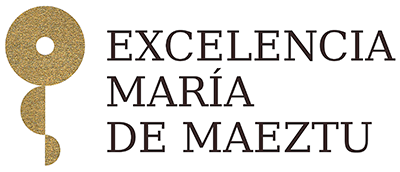Aner Sela
(Ben-Gurion University of the Negev)
«Status Classification by Lottery Contests»

ABSTRACT: Can peer interaction foster entrepreneurship and innovation, even in large-scale environments? This question, which has substantial economic implications, is studied both empirically and theoretically. For the empirical part of the analysis, we have conducted an RCT involving almost 5,000 entrepreneurs from 49 African countries, where the treatment provides the possibility of interacting with peers in alternative ways/arms: face-to-face or virtually (i.e. with more or less «band width»), and under different degrees of diversity (local, national, or international). Two are the main findings: (a) There is a non-monotonic trade-off between peer diversity and band width: whereas interaction with low band width (i.e. virtual) requires high enough diversity to be effective, too much of it is detrimental. (b) Even when interaction is ineffective, network peer effects are always positive and strongly significant. While (a) suggests that some intermediate degree of peer diversity is needed for scalable interaction (only feasible if implemented virtually), (b) points to an apparent paradox: ineffective interaction is not due to weak peer influence. To shed light on this evidence, we develop a theory that is consistent with it and distinguishes between «constructive» and «disruptive» settings, depending on how positive and negative peer stimuli compare. When these notions are operationalized, we revisit the data and find that, as the theory predicts, only virtual interaction among peers of moderate diversity (same nationality) qualifies as constructive.